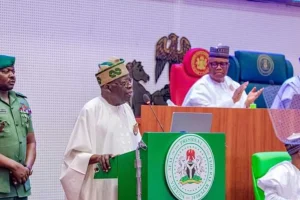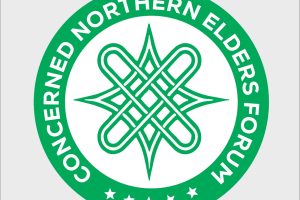The Central Bank of Nigeria’s (CBN) Monetary Policy Committee (MPC) is facing a tough decision on whether to hold or raise the benchmark interest rate, amidst conflicting economic trends. On one hand, Nigeria’s inflation rate has slowed down for the second consecutive time to 32.15% in August 2024, down from 33.40% in July 2024. This decline has led analysts to predict a possible rate cut to stimulate economic growth.
However, the recent 11% hike in petrol prices by the Nigerian National Petroleum Company (NNPC) Limited has thrown a spanner in the works.
The price of gasoline has skyrocketed from N617 to between N950 and N1,019 in just a matter of weeks, representing a staggering 50% increase. This surge in fuel prices could trigger another wave of inflation, undermining the benefits of any rate reduction.
The MPC’s Dilemma
Analysts are divided on the best course of action for the MPC. Some argue that cutting rates prematurely could lead to a resurgence in inflation, complicating Nigeria’s economic recovery. Others suggest that the MPC should hold rates constant to assess the impact of previous rate hikes.
Key Considerations
- Slowing Inflation: Nigeria’s inflation rate has declined for two consecutive months, potentially allowing room for a rate cut.
- Rising Fuel Prices: The recent hike in petrol prices could trigger another wave of inflation, undermining the benefits of any rate reduction.
- Economic Growth: A rate cut could stimulate economic growth, but premature cuts could exacerbate inflation.
The MPC will meet on September 23-24, 2024, to make a crucial decision on the benchmark interest rate. The outcome will have significant implications for Nigeria’s economy, businesses, and consumers





Add Comment